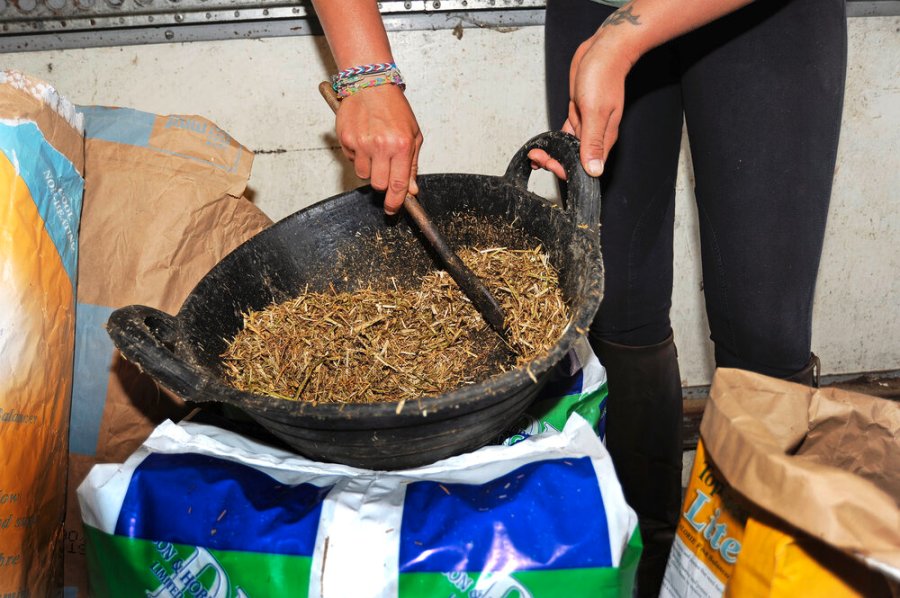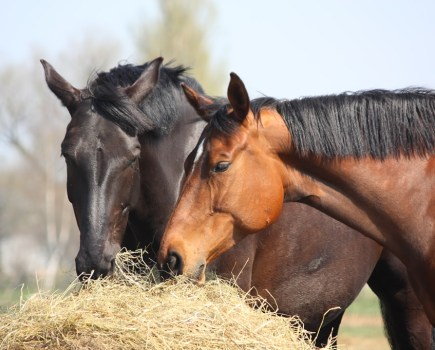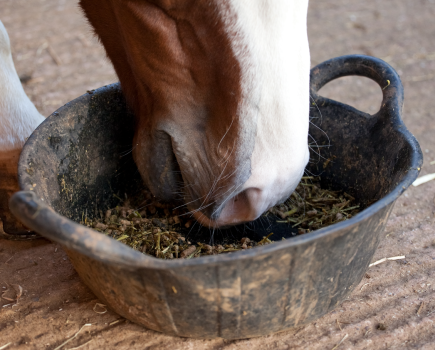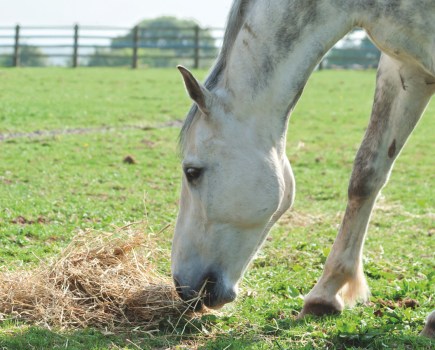Clare Barfoot, equine nutritionist for Spillers, solves some common summer feeding problems.
Pollen sensitivity
In the spring and summer months pollen sensitivity can inflame the delicate lining of the nose and airways in some horses in a similar way to hayfever in humans. The veterinary term for this inflammation, which is often caused by an allergic reaction, is recurrent airway obstruction, or RAO.
It is one of the most common respiratory disorders in the horse. Signs are a chronic cough and increased respiratory effort, although snorting and headshaking can be seen in horses sensitive to pollen too.
Although drugs are available, nutritional support can also help a great deal. Look out for scientifically proven respiratory support supplements, based on a balance of plant-based antioxidants, alongside vitamins C, E and selenium.
Dehydration
Some equines, particularly those with a thicker coat, such as native breeds and cobs, find even the British summer uncomfortably warm and, as a consequence, sweat in the field or stable.
However, rest assured that the amount of fluid they are losing is negligible compared to horses doing fast work in hot conditions.
A little sweating in the field doesn’t normally cause dehydration as long as your horse has access to clean, fresh water at all times.
Most leisure horses will receive enough electrolytes in their base diet — alongside free access to a salt lick — to maintain adequate levels.
However, if your horse is sweating regularly through exercise, adding a tablespoon of salt to his feed is advisable. For specific advice, contact an equine nutritionist or nutritional careline.
Shifting workloads
You might think that you need to increase and decrease your horse’s feed based on his current workload, but this isn’t necessarily the case. Ideally, you should aim to keep your horse’s diet as consistent as possible.
Horses are sensitive to dietary changes as they rely heavily on hindgut microbes to extract nutrients, which need time to adapt to any new diet. Any changes should therefore be done slowly.
If your horse’s condition is ideal and stays constant, his diet is providing sufficient calories. Increasing his feed prior to an increase in exercise can trigger tying up, a serious muscle condition, so it is not advisable.
Don’t miss the latest issue of Your Horse Magazine, jam-packed with training and veterinary advice, horse-care tips and the latest equestrian products, available now.









